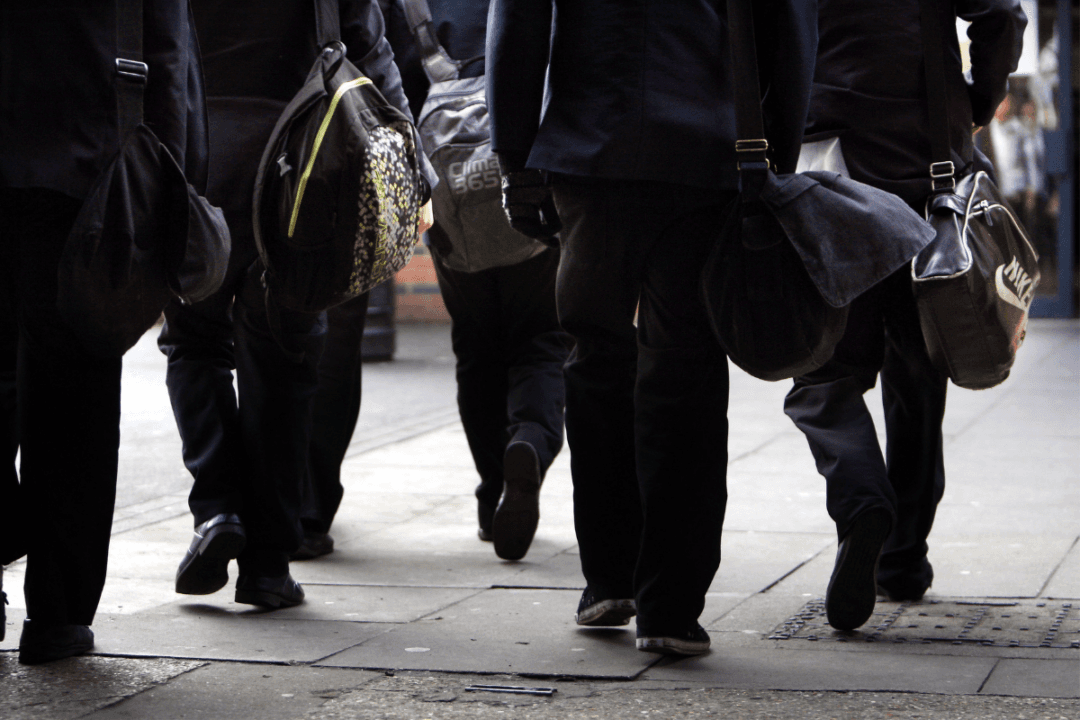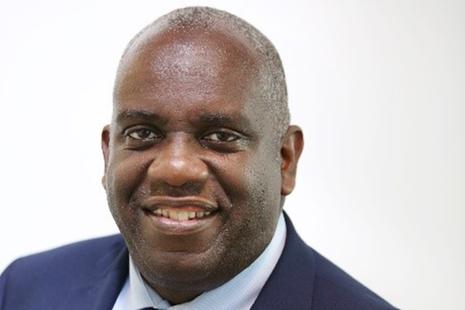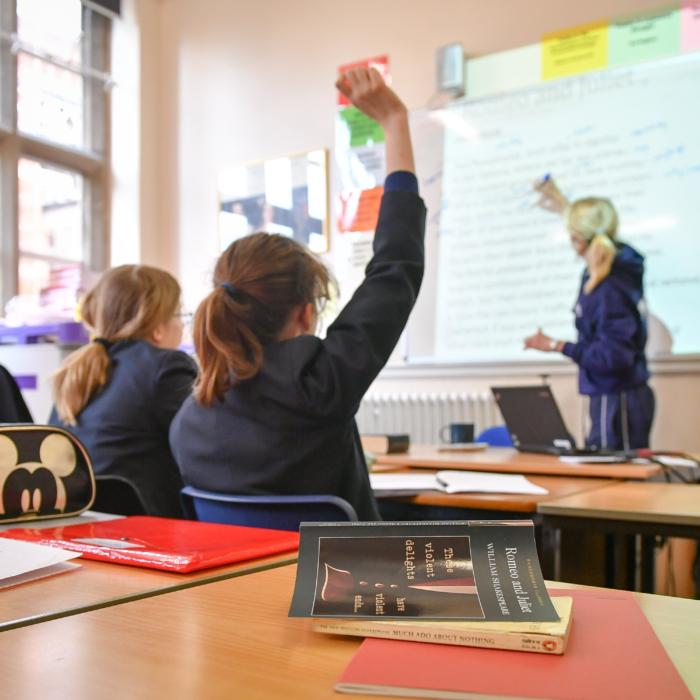The narrative about toxic masculinity “pushes negative messages all the time to young men,” an MP told ministers during a parliamentary debate on the educational attainment of boys.
Conservative MP Steve Double made the remarks in Westminster Hall on Tuesday, where he questioned why there was a higher proportion of boys than girls who drop out of school or were not in work. He also remarked that suicide was the “biggest killer of men under 50 in this country,” with three-quarters of all suicides being men.
He suggested there were a number of factors and that negative messaging surrounding masculinity was one of them.
“I am so grateful, actually, that I am not a young man today because we seem to bombard our young men with so many negative messages about being a man,” Mr. Double said.
He said the narrative of “toxic masculinity” pushes “negative messages all the time to young men, who then wonder what they are meant to be, who they are meant to be, and how they are meant to behave.”
The Gender Attainment Gap
Mr. Double was speaking at a debate led by Conservative MP Nick Fletcher, who said that boys face “negative narrative and indifference” in classrooms.Mr. Fletcher opened the debate outlining the attainment disparity between boys and girls at school, including that at the age of 11, in reading, writing, and mathematics, 56 percent of boys meet the expected standard, compared with 63 percent of girls. At 16, 43 percent of boys receive a grade 5 or above in GCSE English and mathematics, compared to 47.2 percent of girls. In terms of post-compulsory education, 34,000 fewer 18-year-old males go to university every year than girls of the same age.
Mr. Fletcher called for Ofsted to include the gender attainment gap in their assessments of schools and “to give a positive assessment to schools that have policies and initiatives in place to address it.”
“We need to provide political leadership and a narrative that publicly acknowledges that the gender attainment gap exists and that boys’ relative underperformance is a problem that the whole educational community has to solve,” Mr. Fletcher said, calling for research and a taskforce to understand and address the gender attainment gap.
David Johnston, the parliamentary under-secretary of state for education, told MPs, “We accept that there is always more that can be done to improve outcomes for children of all backgrounds, including boys, and we will continue our work to ensure that in every area, children can access excellent schools and high-quality technical and higher education and go on to good jobs.”
Working Class Access to Professions
Mr. Johnston also noted that while professions such as medicine or law, “had been successful in recruiting more women and ethnic minorities,” the applicants were “disproportionately from private schools and professional families.”“Whether male or female, black, white, or Asian, it was considerably harder to get into those professions if from a working class background. Indeed, an individual is 24 times more likely to become a doctor if a parent is a doctor, and only 6 percent are from a working class background,” the minister said.
Looking at pupils eligible for free school meals in the 2018–2019 academic year, the select committee found that white British children were one of the worst-performing groups. White British youngsters were also the second-lowest of all to have started higher education by the age of 19, at just 16 percent, with Irish traveller and Gypsy/Roma pupils coming in last.







